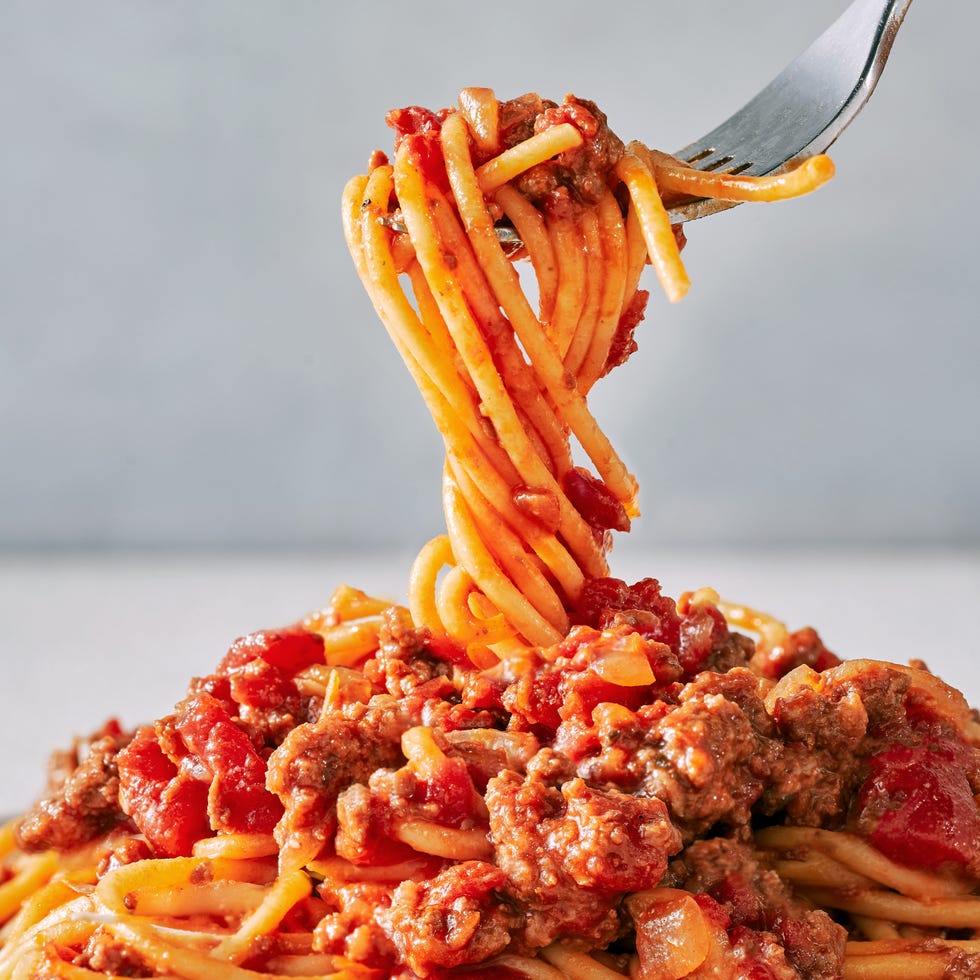
Few questions will yield as many different answers as “When’s dinner?” If you’re with your grandparents, they might try to catch the early bird special at 5 p.m. If you’re in Spain, it might not start until 9. And if you’re attempting to score a reservation at a trendy restaurant, you might not even find a time earlier than 10 at night.
Everybody has a different approach to dinner—from what they eat to how they eat it and who they eat with. But the timeframe in which you have your evening meal can have actual impacts on your overall health.
To unpack the science behind digestion and how your dinner time can impact it, we chatted with Megan DeChatelets, MS, RDN, CDN, a Registered Dietitian at Sarah Lynn Nutrition and nutrition advisor for Hilma.
More From Delish
What Happens When You Have A Late Dinner?
It all depends on your metabolism. While everybody’s energy levels are different, you can typically expect your metabolism to slow down as the day comes to a close.
“Metabolism tends to be at its highest during the day when you are most active and engaged in various physical and mental activities,” says DeChatelets. “In the evening, metabolism starts gradually slowing down as you transition toward more restful activities and prepare for sleep.”
The later you eat, the less your body works to metabolize your food. And the impact it can have on your body is glaring. According to a 2022 study by researchers at Harvard Medical School, later meal times can deregulate appetite hormones in the body, which means you can still feel hungry even after having a full meal.
The Harvard researchers also found that due to the metabolic state of the body later in the day, the body burns calories more slowly after a late dinner. In addition, the way those calories are utilized are believed to trigger more fat storage in the body compared to eating earlier in the day.
“Consistently eating a large meal too close to bedtime can also contribute to metabolic imbalances and difficulty managing weight, as the body is more likely to store calories as fat when not being used for energy,” DeChatelets says.
How Does Your Dinner Time Affect Sleep Quality?
Beyond the impact it can have on your digestion, a late dinner can also seriously impact the quality of your sleep. In fact, there are a lot of factors at play that can mess with your beauty sleep. Eating foods that are high in sugar or carbohydrates, for example, can alter your blood sugar levels throughout the night, alter your energy levels, and keep you awake when you’re trying to sleep.
If you have problems with acid reflux or struggle to digest certain foods, some ingredients can upset your stomach long through the night and make it more difficult to get a full eight hours. “Going to bed with a full stomach or abdominal discomfort due to eating certain foods can make it difficult to fall asleep and stay asleep, leading to fragmented and poor-quality sleep,” DeChatelets says.
When Should You Eat Dinner?
The answer will be different for everyone depending on their sleep schedule, but DeChatelets suggests that you should give yourself at least three hours between dinner and bedtime. Allowing your body to fully digest a meal before you sleep means your system can spend more time recovering through the night instead of focusing on digestion.
But what happens if you end up with a late-night restaurant reservation? And what happens when your dinner plans get delayed? Thankfully, you don’t need to stress. Harvard researchers note that the health- and weight-related impacts of late dinners are largely cumulative—so a late dinner every once in a while is not the end of the world.
DeChatelets echoes their sentiments: “This doesn’t mean you should completely skip your meal or stay awake longer than normal if you end up eating one or two hours before bed from time to time. However, aiming to eat a smaller portion may be a good idea in this circumstance.”
To improve the quality of your digestion overall, there are plenty of strategies you can use beyond eating earlier in the day. Enjoying balanced meals and staying hydrated are the foundation of a good diet. Keeping your body moving certainly doesn’t hurt, either. “Simply chewing your food well and relaxing at mealtimes promotes optimal digestion,” says DeChatelets.
You can also lean on certain dietary supplements to give your body a boost and ensure that you can have a restful sleep after dinner. DeChatelets loves utilizing supplements from Hilma in particular: “Their digestive support supplements, including Gas + Bloat Relief, Dairy + Gluten Digestive Aid, Heartburn + Indigestion Relief and Gentle Bowel Movement Support, utilize natural, well-researched herbs to alleviate concerns such as constipation, gas, bloating, indigestion, and heartburn,” she says.















Leave a Reply